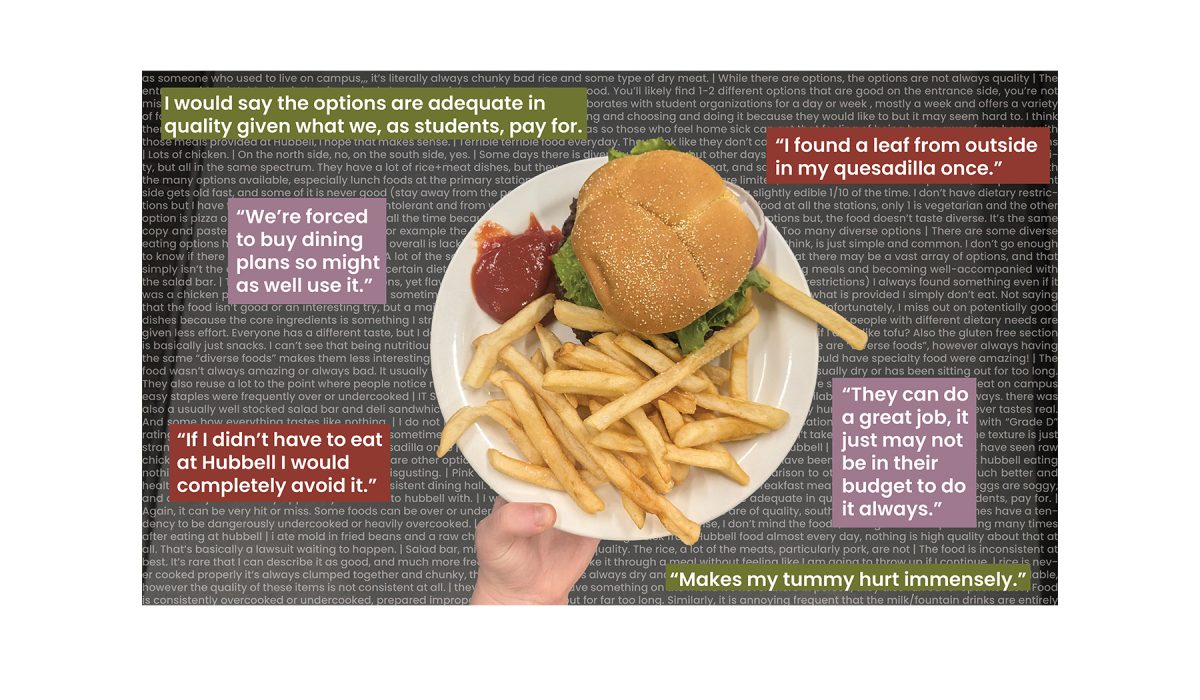Column by Kayli Kunkel
 Meryl Streep’s “The Devil Wears Prada” monster-boss moniker is (usually) fiction. Even so, internships can be frightening — and frustrating — gigs. I’ve found myself thinking, “I just finished another semester of highly specialized classes. I’m better at my profession, and I’m ready to exercise my skills … and now I get to pick up coffee and run errands?”
Meryl Streep’s “The Devil Wears Prada” monster-boss moniker is (usually) fiction. Even so, internships can be frightening — and frustrating — gigs. I’ve found myself thinking, “I just finished another semester of highly specialized classes. I’m better at my profession, and I’m ready to exercise my skills … and now I get to pick up coffee and run errands?”
After a handful of summer internships — and my fair share of errand running — I have repeatedly found that longstanding lessons from these sneak-peak careers are gained mainly outside the actual work. Keep these points in mind , and you’ll navigate the good and bad (and, yes, even ugly) pre-professional world with ease.
1. The superpower of accepting critique
As a design major, opinions of my work are oftentimes just that — opinions. This lack of objectivity can be maddening. During a recent internship with Company X, I poured 15 hours of my free time into perfecting a project. I made all the nitpicky changes requested, graciously biting my tongue (dare I mention I was also unpaid?). In the final stretch of said project, I received an email saying Company X was scrapping it. Disheartening? Absolutely. Time to give up? Absolutely not.
Criticism on the job may be a gentle suggestion or a full-out disapproval. While many supervisors will sugarcoat, some have no filters. Regardless, the Golden Rule of interning is this: accept criticism with grace. If a task received thoughtful effort, don’t take disapproval personally. This challenge is easier said than done, though not impossible. Push through, because work and skills will only improve if encouraged — or required — to do so. And ironically, the greatest leaps made professionally come not with success, but with failure.
2. Grin and (barely) bear it
I once made a 15-minute trip delivering a specific pen to my supervisor. Not exactly a hot-commodity skill to brag about on LinkedIn.
But don’t cue a dramatic eye roll just yet — such tasks may not build resume, but they build respect. Generally speaking, mundane tasks may be expected of interns. And a positive, or negative, attitude toward them is incredibly revealing. A cheerful, compliant demeanor speaks loudly. And very important to remember: as an intern, you’re not running the company — yet. Doing less-than-important things is irritating, but sometimes a necessary stepping stone to more future responsibility. (If time does start to feel wasted in a bad way, keep in mind that internship overseers don’t always know best. But it’s safe to talk with a professor or professional about what’s fair before waging war on your own.)
3. Make your own lesson plan
A relevant internship is a chance to work with highly successful, often innovative professionals in the field. This value is unprecedented by any textbook or lecture (sorry, profs). Use this opportunity to ask questions. Seek advice for career-related snags outside of work. Exercise curiosity about how these professionals succeeded. More likely than not, they will be enthusiastic to tell stories and share wisdom. In several instances, I have valued most from these “extracurricular” educations.
Though the list of internship-related advice could stretch on, every job is unique. Patience, persistence and professionalism guarantee that every internship will be an education that pays you.
Kunkel is a graphic design and magazines double major and can be reached at [email protected]






